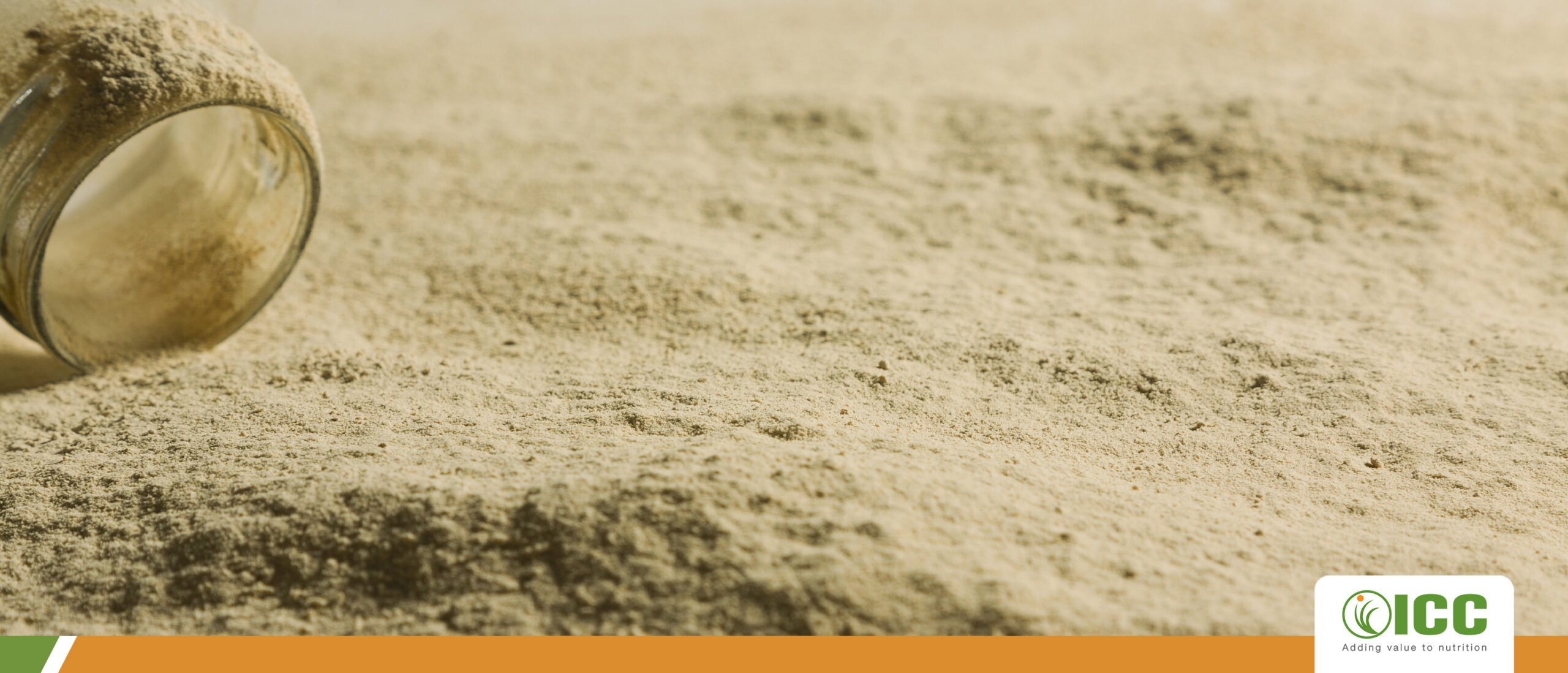Safe Management Series: correct nutritional management avoids competition for feed and improves swine production rates
Melina Bonato, member of the Research and Development department of ICC Brazil, talk about the impact of feed availability on the performance of pigs.
Just like any other animal production, pig farming is influenced by factors related to management (such as feeding), and, when management is not properly carried out, there are losses in health, animal performance, and quality of the final product. Correct nutritional management significantly impacts animal performance, in addition to being a condition for animal welfare, and the competition for feed is frequently an important factor to look out for. Dr. Melina Bonato, R&D Manager, specialist from ICC Brazil, discuss some points to be considered to improve feed consumption by animals and avoid competition between them. Keep reading!
The pig farmer must be aware of the nutritional requirements at each production stage, providing a balanced diet, with highly digestible ingredients and also using additives that can enhance production gains. However, access difficulties or lack of space around the feeders may impair feed consumption, generating competition, stress, and unevenness in the stall.
The nursery is considered the most critical phase of pig farming due to the changes that piglets go through during weaning, such as the environment, separation from the mother, socialization with other piglets, and transition from a liquid to a solid diet. Thus, providing adequate nutritional management and avoiding competition for feed will minimize the effects of stress in this phase. After weaning, the farmer must provide the same feed introduced in the lactation phase in the first week so that the piglets adapt well, and the transition is made easier. The number of animals in the stalls interferes in the competition for feed, and the high density also influences social interactions, which, particularly at this stage, is a stressful factor and will influence consumption. The optimal scenario would be keeping piglets from the same litter in the same batch, to minimize the stress caused by socialization; however, it is not always possible, and thus it is recommended to group the piglets by age and weight to reduce competition for feed and stress. The number of animals in the stalls should be considered according to the type of installation, with 3 piglets/m² being recommended in suspended stalls and 2.5 piglets/m² to other kinds of stalls. The feed should be available and easily accessible to all piglets, and the consumption of water should be encouraged, as the greater the water intake, the greater the feed consumption will be. In the termination phase, the competition over feed may increase the risk of cannibalism by up to 2.5 times. Competition for feed, and the consequent insufficient consumption by some animals, generate nutritional deficiencies, stress, and fights. Therefore, the farmer must be aware of the behavior of animals, paying attention to signs of stress such as anxiety or irritability.
Adopting measures of suitable feed availability and ideal management conditions is key for better animal performance. It is also worth mentioning that the additives supplementation in phases of major health challenges and stress becomes an essential factor for animals to express their potential in terms of growth and production.
Hilyses®: ICC Brazil’s solution that leverages gains in pig farming, even in times of stress
Find out how this ICC Brazil product may help you increase production gains in pig farming.
Hilyses® is one of ICC Brazil solutions for producers who seek to improve the health of pigs, especially during periods of stress, initial growth phases, and high demand where intense cell multiplication occurs. The results will be reflected in greater weight gain, better feed conversion in piglets, and reproductive benefits in pregnant and lactating sows. Hilyses® is a hydrolyzed yeast originating from the processing of Saccharomyces cerevisiae yeast and is a source of nucleotides and free nucleosides. The end product of this hydrolysis is highly digestible, containing amino acids, peptides, and short-chain polypeptides and glutamic acid, in addition to having MOS, which is an effective tool in preventing diarrhea caused by the contamination of bacteria such as Salmonella and E. coli. Hilyses® also has high levels of β-glucans, an immunomodulator that will provide a faster and more effective innate immune system response.
Discover other ICC Brazil products that may help you increase gains in pig farming. Check out our complete portfolio now: www.iccbrazil.com/linha-produtos.
Posted in 15 May of 2022


